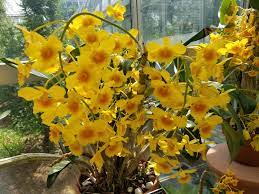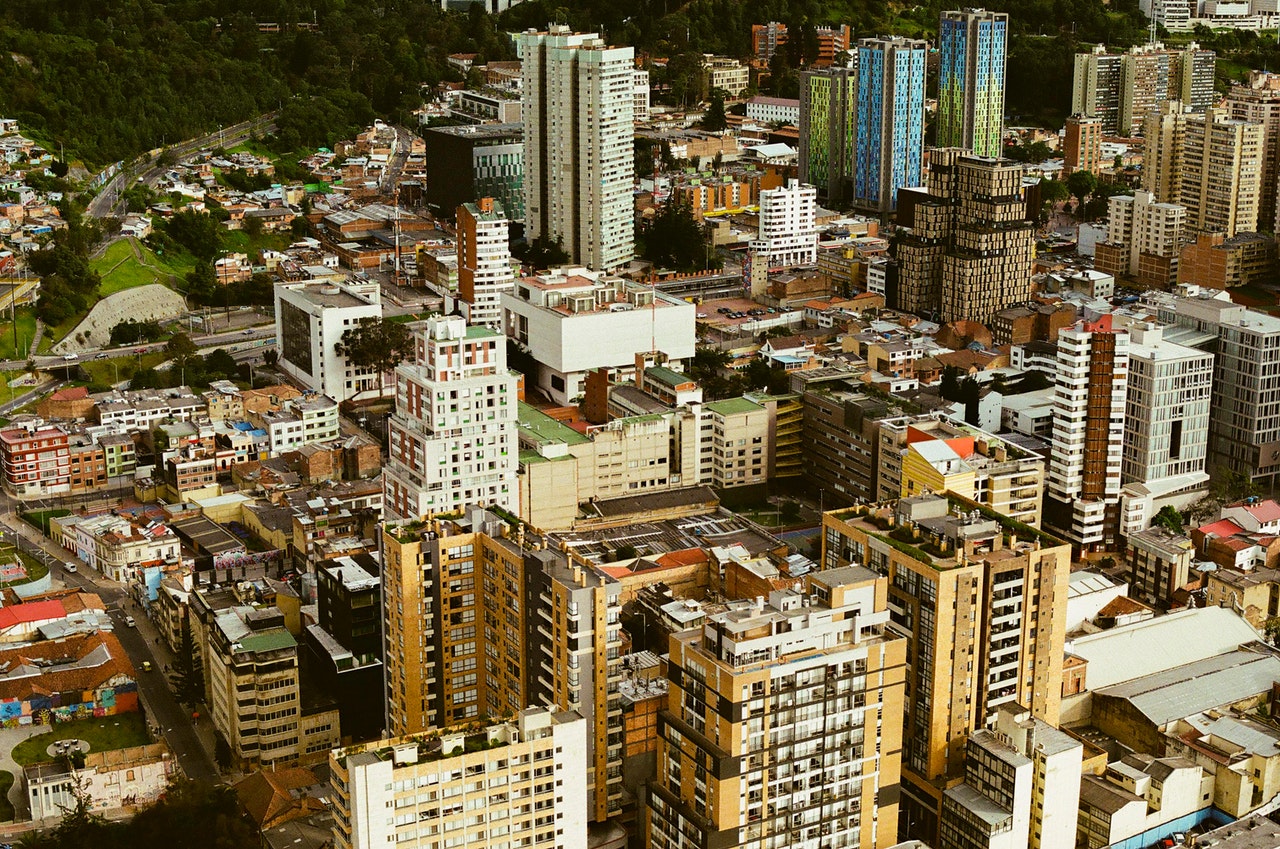In the misty heights of Alishan in central Taiwan resides a revered flower, the Dendrobium orchid, known as the God Flower to the indigenous Tsou people.

Once abundant outside Tsou homes, it is now increasingly elusive, prompting the tribe to venture deeper into mountainous forests to find it. The Tsou believe that climate change is responsible, as the required cold winter temperatures for bud formation have become scarce.
Greenpeace, citing data from the Alishan Weather Station, notes a gradual rise in minimum temperatures over the past decade, estimating a further increase due to global warming. Taiwan, as a whole, faces more frequent droughts and warmer weather, impacting not only traditional rituals but also the livelihoods of communities like the Tsou.
Jui-Chiao Chung, a farmer adapting to changing conditions, highlights the challenges of continuous droughts affecting bamboo crops. She shifted to coffee cultivation but observes darker beans, signaling higher temperatures. Despite her adaptive measures, the effects linger.
For the Tsou, the vanishing God Flower poses a unique challenge. Elder Gao Desheng expresses the inconceivability of a substitute, as the flower holds deep significance in their rituals, particularly in ceremonies honoring the war god Iafafeoi.
As climate change threatens their way of life, Gao Desheng expresses concern about the future of the Tsou tribe, emphasizing the need for government support. Despite politicians visiting during the presidential campaign, the serious impact of climate change on the Tsou people’s traditions remains unaddressed.
Greenpeace criticizes the candidates for their sluggish approach to climate policies, highlighting the inadequacy of proposed renewable energy goals. While the political arena debates, the Tsou people, facing the consequences of a changing climate, are acutely aware that time is of the essence.






